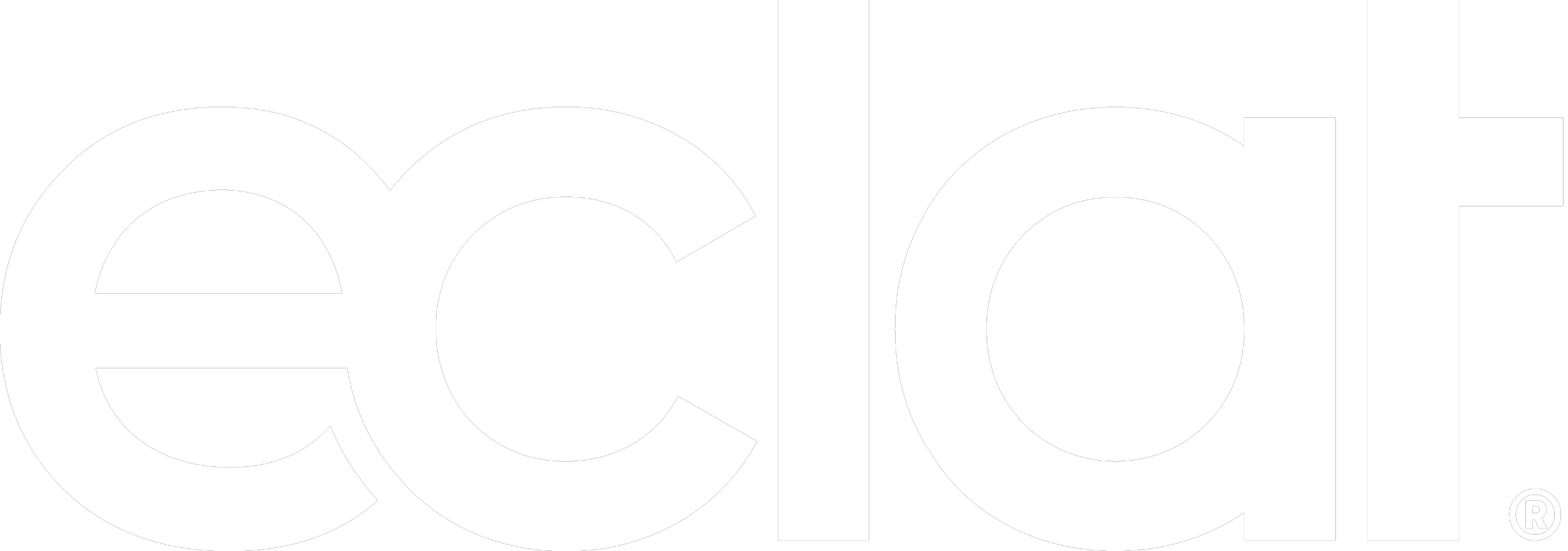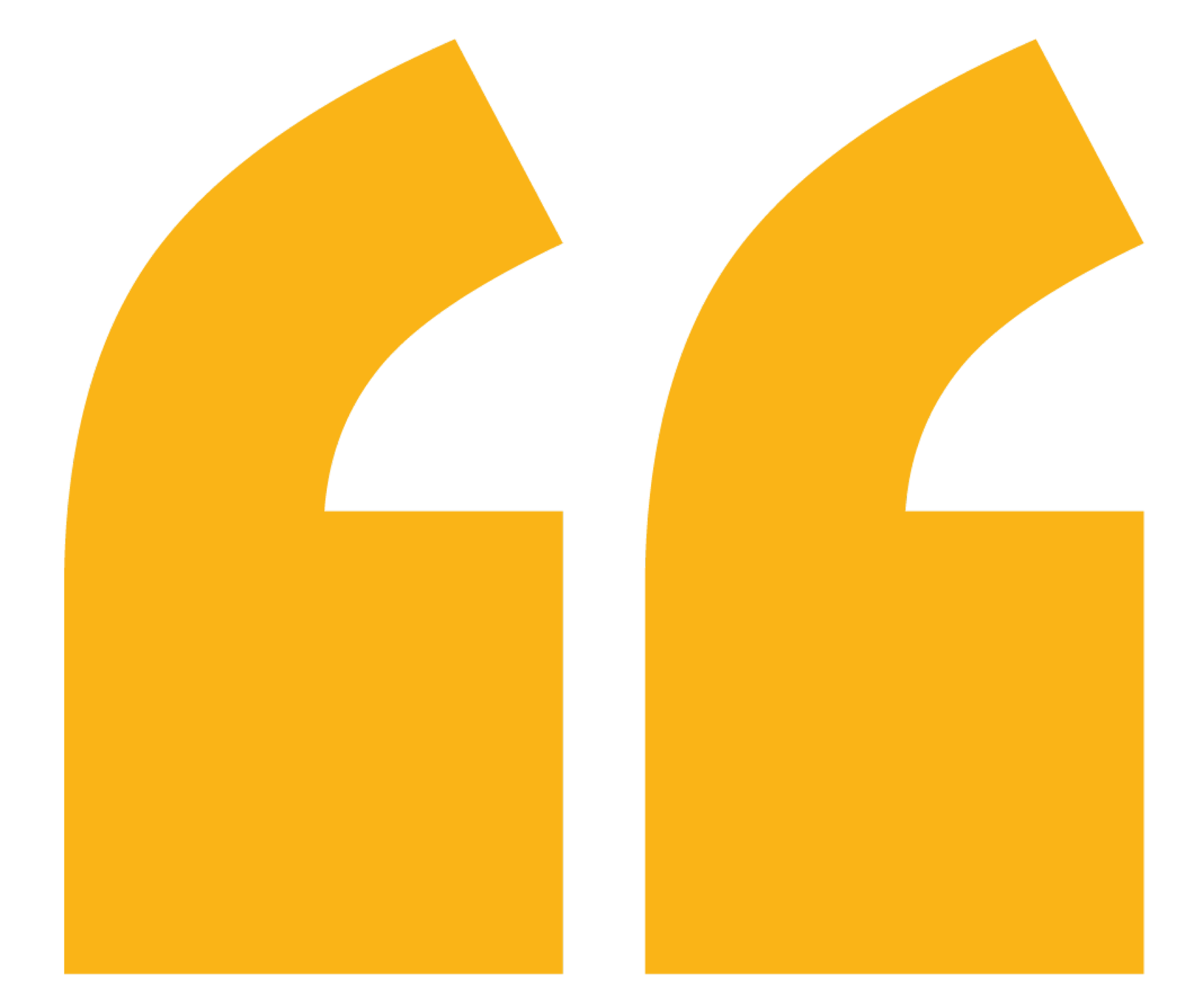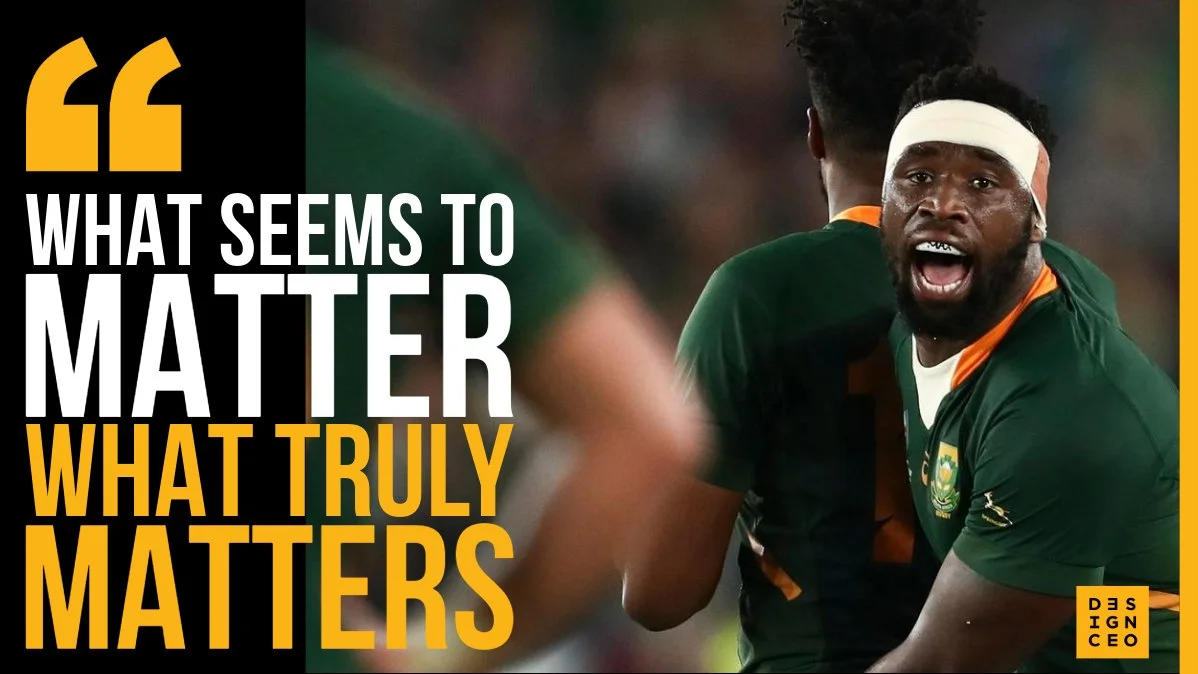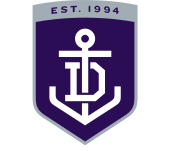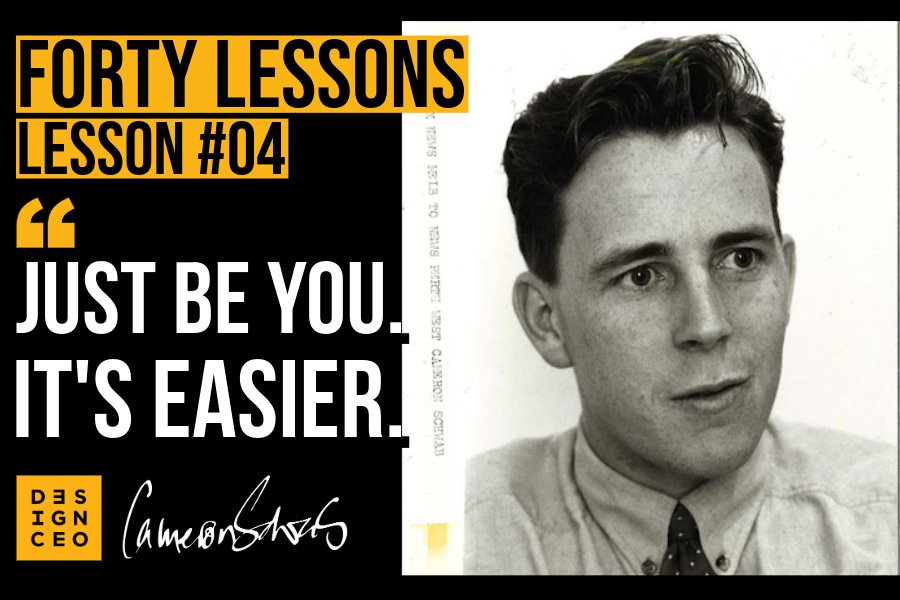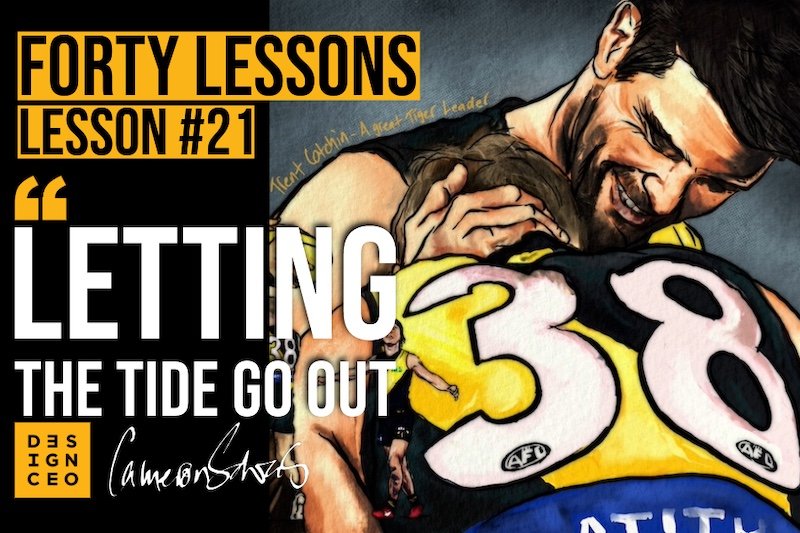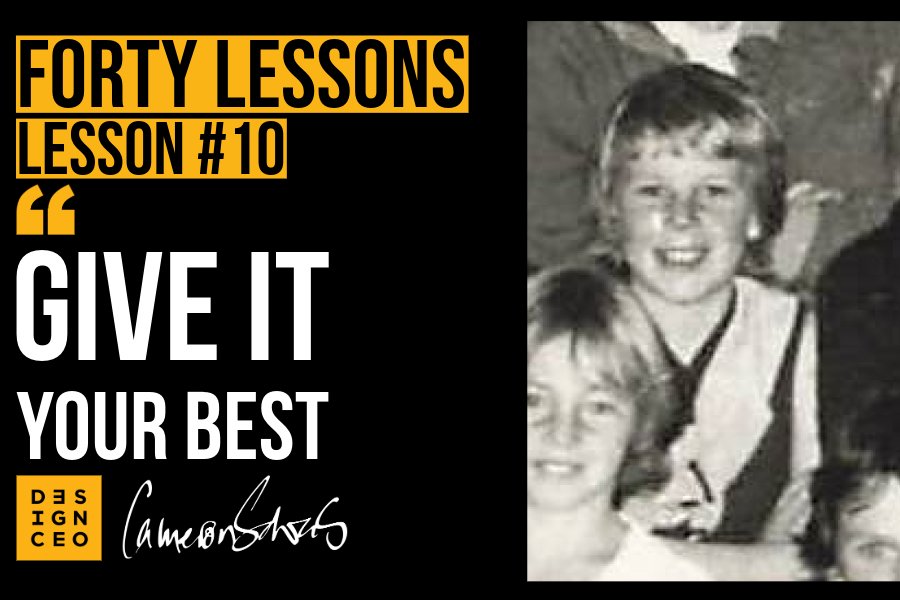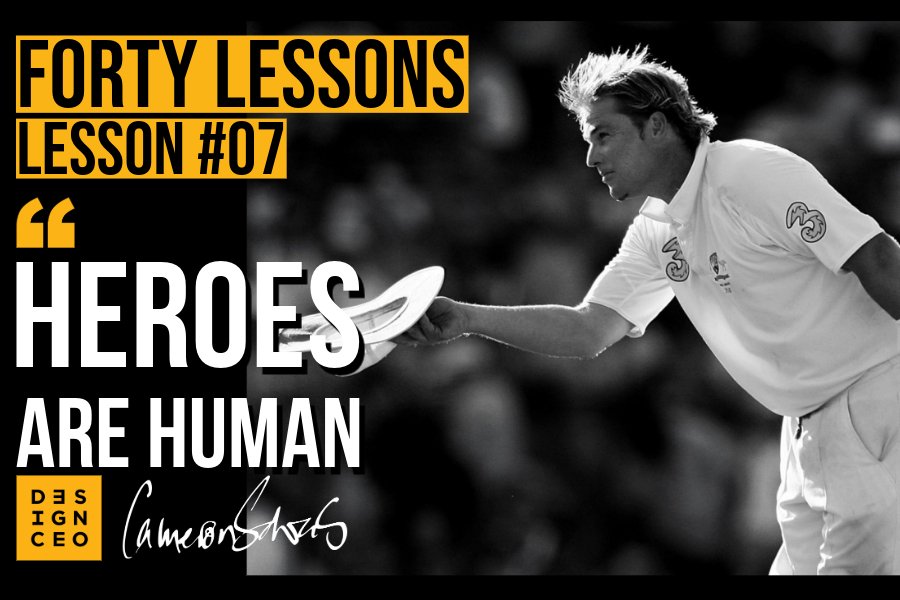
Who we are
Why we do what we do
What’s important to us
Define reality.
Give hope.
Built by leaders for leaders
As coach, mentor and teacher, my approach builds on the empathy of someone with deep experience with leadership, including the wisdom that can only come from the need to completely give yourself to leadership and its expectations.

Who we are
Why we do what we do
What’s important to us

Intention
In our experience, the best leaders are not the most talented or gifted. They have established outstanding leadership and performance mindset, skillset and identity.
They have done the work.
They have turned self-responsibility into a daily practice, performance habits that compound over time to establish their personal leadership mastery.
Our offering is designed for leaders who know that personal leadership effectiveness drives team and organisational performance and that there must be a better, more efficient and effective way to learn leadership.
We believe this is it.
designCEO proudly works from Eclat in East Hawthorn
Cam helped me confront it, articulate it, and act on it.
The impact has been profound.
I was at real risk of becoming a caretaker, not a leader with impact. The timing of Cam’s mentorship was ideal. He helped me confront what I needed to confront, articulate it with clarity, and act with conviction.
As a first-time CEO, that changed everything.
Every session sharpens my thinking and lifts my standard.
The transformation in how I lead is real and the winners are my people and the company I serve.
Cam doesn’t just develop leaders. He unearths them.
Antony Tulloch
Chief Executive Officer | Docklands Studio Melbourne
Cam helped me confront it, articulate it, and act on it.
The impact has been profound.
I was at real risk of becoming a caretaker, not a leader with impact. The timing of Cam’s mentorship was ideal. He helped me confront what I needed to confront, articulate it with clarity, and act with conviction.
As a first-time CEO, that changed everything.
Every session sharpens my thinking and lifts my standard.
The transformation in how I lead is real and the winners are my people and the company I serve.
Cam doesn’t just develop leaders. He unearths them.
Antony Tulloch
Chief Executive Officer | Docklands Studio Melbourne
The example you set
If it isn’t happening in you, it will not happen through you.
There will be times when leadership requires a level of bravery that you did not realise you possessed until your circumstances demanded.
It is this understanding that inspired my teaching mantra:
“Never forget how hard it is.”
At age 24, I was the youngest CEO in the 160-year history of the AFL.
My first lesson came hard and fast. You cannot just do leadership; you must be leadership.
I would spend the next 25 years as the CEO of three AFL clubs, learning what it meant to be leadership.
It was 25 years of intense learning in the unforgiving, unrelenting and often ruthless environment of elite sport.
As CEO in this environment, the expectations of the position often move faster than your capacity to build capability.
I soon understood that character is more than having principles, which are fundamental, but the learned capacity to live by your principles, a lesson that informs the work I now do.
For the reflective leader, the systematically introspective leader, the learnings from the lived experience of doing and being leadership is our best teacher, but it might not feel like that at the time.

It takes curiosity to learn, and courage to unlearn
Profile
Cameron Schwab | CEO & Founder
As the Founder and CEO of designCEO, I have channelled my deep experience in leadership in professional sport and business, coaching CEOs, senior and emerging leaders and their teams and companies across many industry sectors.
They are organisations seeking to build high levels of cultural, strategic and leadership trust as the basis for sustained high performance.
I was appointed CEO of the Richmond Football Club at age 24, the youngest in the history of the AFL, having cut my teeth as a successful Recruiting Manager at the Melbourne Football Club.
I then spent the next 25 years as the CEO of three AFL clubs when those clubs were at their lowest ebb, playing a central leadership role in major transformations whilst founding enduring legacies. I am the second longest-serving CEO in the modern game.
I hold an MBA and Master of Marketing from the Melbourne Business School, and have completed the Advanced Management Program (AMP) at the Harvard Business School. I am also a Vincent Fairfax Fellow of the Centre of Ethical Leadership at the University of Melbourne, and received my Coaching Certification from the Columbia Business School in New York.
I am a certified CEO and an emotional intelligence practitioner.
I enjoy exploring the deep personal and professional challenges I faced as a leader with openness and generosity to create connection, building on the insights and wisdom from a fully-lived leadership experience.
I am also a cancer survivor and mental health advocate, and as a parent of a trans child, I support the Pride movement in any way I can.
I am also a speaker, writer, artist and illustrator, studying Fine Art at the Victorian College of the Arts (VCA).
I am married to Cecily and have two adult children, Chrissy and Evie.
I enjoy using my creativity and storytelling skills as an artist and writer to inspire and teach others about the timeless principles of leadership.
-
Over the past ten years I have built a highly successful leadership practice, designCEO, working with CEOs and their Executive Leadership Teams.
The designCEO work builds on the concept that leadership is the defining characteristic of every great organisation or team. No organisation can outperform its leadership.
I have worked with the CEOs and leadership teams of major companies such as ANZ, John Holland Group (JHG), Servier and L’Oreal, as well as sporting organisations such as the Carlton Football Club, Western United Football Club (A-League Champions), Football Victoria and Cricket Victoria.
The designCEO leadership programs and mentoring utilise frameworks and methodologies heavily influenced by high-performance sport, ensuring commitment and accountability to a team-based ethos, at all times focusing on the organisation’s leadership, in particular the CEO, Board and Executive Leadership Teams and leadership pipeline.
I work with leaders to create environments that not only achieve strong performance outcomes, but also establish high levels of trust and emotional well-being for those who align their careers and lives to the cultures leaders build.
The designCEO leadership programs are a deep personal learning experience, ensuring leaders have the means to lead with authenticity, the key to establishing high levels of personal leadership trust.
We develop leaders who can navigate complexity as a strategic priority - and, when done well, a competitive advantage. Beyond developing capability, we must develop leaders with consciousness, courage, humility and compassion.
-
At the time of my appointment, Melbourne was facing major short-term profit and cash issues and was carrying over $5m of debt.
A cumulative lack of infrastructure investment meant high business risk, wastage, and compromised future growth. The club had a deceptively small supporter base, league low membership and stadium return, weak and disassociated corporate network, non-performing assets, poor brand and no community alignment.
The team was non-competitive, finishing last and winning only three games.
I led a committed and considered process to stabilise the business with the club posting a profit, effectively a $3m turnaround in just 12 months. This was achieved despite the team again finishing last on the ladder.
That year, we also committed to a strategic plan titled 'The Red and Blueprint'.
Over the next four years, significantly improved profitability plus a number of important deals created an asset base of over $15m. Revenue grew by 60%, despite embedded strategic constraints, with vital investment in infrastructure including the establishment of excellent training, administration and community facilities at AAMI Park and Casey Fields, which removed a 30-year competitive disadvantage.
Despite this being a very difficult and disrupted period for the club, its vastly improved profit-model enabled the club to invest in building capabilities in list management, recruiting and sports-science, taking a longer-term strategic view for the first time in many years. This investment appears to be bearing fruit. The club is now considered strongly positioned with a properly resourced football department guiding a talented and well-structured playing list.
The club also assumed leadership for the development of woman's football, previously ignored for decades. This included the first National Woman's Draft and Exhibition Game in 2013. The success of these initiatives built the momentum for the establishment of the AFLW in 2017.
-
As CEO, the Fremantle Football Club was transformed from a loss making, debt laden club that had never placed higher than 12th on the Premiership Ladder, to regular finalist and ranked in the top three AFL clubs in terms of profitability and resources.
Based on a committed and integrated strategy, the club was fully restructured and repositioned, building on its many unique qualities and local football heritage to differentiate itself from its powerful cross-state rival, the West Coast Eagles whilst building a National presence.
The 'Purple Haze' became a powerful force, with a key focus on creating a highly involved match-day experience.
Recruiting and retaining playing talent was a key component, something the club had been unable to achieve to this point in its young life. This ensured a highly competitive, finals bound team that gave a burgeoning supporter base hope and expectation for the first time in the club's history.
Not only would the club soon be operating profitably, within five years it would be at capacity, both membership and corporate.
Revenue increased by 320%, $8m of debt repaid with an overall balance sheet improvement of $13m as well as significant investment in building organisational capability, including the development of competition leading community initiatives.
Fremantle was soon considered an AFL success story after initially struggling to transition into the AFL.
The club has continued to build on this platform, both on and off the field. In 2013, the club reached the Grand Final for the first time and were minor Premiers in 2015. In 2017 they moved into a $109 million elite training and community facility in the City of Cockburn, and in 2018 commenced playing at the new 60,000 seat Perth Stadium.
-
During the 1996 year, the talk of the AFL world was dominated by the agreement of the Boards of the Melbourne and Hawthorn Football Clubs to amalgamate the two clubs.
The merger did not proceed. Hawthorn members rallied against the proposal, led by club legend Don Scott. Melbourne members, whilst bitterly divided, voted narrowly in favour of the proposal.
This was arguably the most dramatic and divisive period in the history of the Melbourne Football Club. One of the responses was to recruit a new CEO, hence my appointment.
As CEO, the key objective was to unify the club, which had been fractured emotionally and organisationally into pro and anti-merger factions, including the compromised Board itself under the leadership of new President Joe Gutnick.
In my view, this required a focus on the club's on-field fortunes to rebuild spirit, hope and a sense of shared purpose. In this regard, much was achieved.
Whilst not surprisingly finishing last the next year, the following season (1998) Melbourne reached the Preliminary Final under first-year coach Neale Daniher, supported by a new football structure and personnel. Two years later Melbourne made the Grand Final and was finalists in three of next five years.
During this period, a number of key people would be given their first positions in AFL coaching and management. These included Alastair Clarkson, Chris Fagan and Mark Evans, all of whom would play key roles in the great success era of the Hawthorn Football Club, and remain in highly influential roles in the AFL.
The club also operated profitably, mainly as a result of 65% attendance growth and similar improvement in corporate support.
The club however remained deeply divided and unstable with many changes to key off-field personnel and Board. The club would have eight CEO's and five Presidents in the 10 year period post the near merger.
-
Appointed at age 24, the youngest person to hold this position in AFL history.
Richmond was in disarray. With a seemingly insurmountable debt following seven years of accumulated losses, it was facing the real prospect of relocation, merge or liquidation. The club finished last on the ladder the previous year (1987), the first of the National Competition.
All of this represented a major fall from grace. Less than a decade earlier, Richmond was the competition's most influential and successful club.
In my first year as GM, the club recorded a small profit, a significant and confidence building achievement. However, with the recent introduction of drafting, the football rebuild was going to take some time.
Richmond was profitable in every financial year I held the position, despite poor on-field results.
The Club however, was heavily encumbered and burdened by its debt, which threatened it's very existence at a time of record-high interest rates.
I recommended to the Board that our desperate situation be fully communicated, and the Tiger faithful be given the opportunity to save the club. The result, an initiative called 'Save Our Skin' (SOS). It was a great success, extinguishing almost $2m of debt and effectively saving the club, almost exclusively via thousands of small donations by a mobilised and invigorated supporter base.
Whilst the SOS campaign was developed and executed by myself, it was led brilliantly by Tiger legends, President Neville Crowe and Coach Kevin Bartlett.
In 2008, when celebrating it's Centennial, the SOS campaign was nominated as Richmond's 'Defining moment of the Century'.
In 1995, the team made finals for the first time in 13 years under coach John Northey and a restructured football department. Whilst only coaching for one year, and unable to continue as coach due to ill-health, legend coach Allan Jeans played a key role in establishing standards and building expectations of a very young and inexperienced playing group.
-
Started as office boy at age 18 straight from school. Within a couple of years, the role evolved into full time recruiting, later titled Recruiting Manager.
I had the great fortune of working closely with AFL legend coach Ron Barassi during this formative time, forging a lifetime friendship. I was only 20 years of age when I started in recruiting and I was one of the first full-time recruiters in the league.
In 1987, the team made the finals for the first time in 24 years, reaching the Preliminary Final, losing as a result of the famous Gary Buckenara kick after the siren at Waverley Park. We were Grand Finalists the following season and finalists in seven of the next 11 years. I recruited most of the players in these teams.
These included future Club Captains, All-Australians, Best and Fairest winners, Team of the Century players as well as Brownlow and Coleman Medallists.
I never fail to come out of a discussion with Cam anything but energised and with clarity for the future.
It takes rare talent and intellect to not only recognise the core of what makes for effective leadership and how it can impact an organisation and its people, but to crystallise that into original concepts and thinking.
Cam brings that along with a keen sense of your individual persona and circumstances - a truly valuable person to have on your side.
Andrew Ryan
Managing Director | FIBA Media
I never fail to come out of a discussion with Cam anything but energised and with clarity for the future.
It takes rare talent and intellect to not only recognise the core of what makes for effective leadership and how it can impact an organisation and its people, but to crystallise that into original concepts and thinking.
Cam brings that along with a keen sense of your individual persona and circumstances - a truly valuable person to have on your side.
Andrew Ryan
Managing Director | FIBA Media
designCEO proudly works at Eclat
Redefining exceptional workplace experiences.
We love being here. It is wonderfully aligned to our values and is the perfect venue for your leadership workshop or our coaching.
The CEO of Eclat is Nick Maxwell, Collingwood Football Club Premiership Captain.
I have gotten to know Nick over the past year since our decision to base designCEO at Eclat after hearing his concept for the space when it was still being built. It has surpassed my elevated expectations; it is something else—beautifully designed and curated.
After finishing his outstanding playing and captaining career, Nick was the leadership coach at Melbourne Storm, GWS, and then returned to Collingwood.
For many years, he had a clear vision for what a high-level and connected workplace could look and feel like and set about realising this, which he has achieved at Eclat, based on their values:
Culture
Eclat's mission is to build professional communities of people with vibrancy, character and energy, be it defined by a relentless pursuit for success or championing a cause or an endeavour with undeniable passion.
Connection
Offering extraordinary service, hosting memorable events, curating memorable moments and experiences; Eclat align the culture of its business with that of their members.
Creativity
Fundamentally, Eclat is a place-maker and an institution of high design. Eclat champion elevated environments, iconic venues, timeless design and evolved workspaces.
141 Camberwell Road, Hawthorn East, Vic

The difference between what seems to matter, and what truly matters
Generous
Grateful
Goodness
Grouse
Our Core Values
The Four G’s
The Melbourne Cricket Ground, the MCG, is the mecca of Australian sport. It is known as the ‘G, and the values of designCEO are a play on the place that holds so much ambition and hope, but as much potential for disappointment and heartbreak.
Our work is unapologetically heavily influenced by elite team sport, remembering that my role was as a CEO in this environment, responsible for profit models as much as performance models and their need to build on each other.
The game has gifted me the lessons worth sharing. It has been my lived experience, having spent a lifetime trying to negotiate its complexity, absurdity and complicatedness as a too-often obsessive leader.
The most important lesson is clarity on what is important to you and the uncompromising principles you stand by.
Our uncompromising principles, Our ‘Core Values’, are:
The Four G’s, Generous, Grateful, Goodness and Grouse
They have been ten years in the making, and they define our ‘so far’ story, but more importantly, we will work to ensure they define our ‘not yet’ story.
Generous
“If not for my mistakes, I have nothing to share with you.”
Generous in our offering, attitude, energy and attention. Who we are and why we do it.
The effort we make, the detail and care, the little things, but most significantly, what we share.
It builds on the lessons from decades of lived CEO experience in high-expectation and high-stakes environments.
It is authentic, remembering there is no authenticity without vulnerability, and there is no vulnerability without bravery.
We will not undervalue what we bring. Given the sophistication of our programs and their track record of building leadership, we consider ourselves a premium offering, but it will always be giving.
Grateful
“Never forget how hard it is.”
Leadership is personal and only really needed or required when life gets complex, ambiguous and nuanced, and you have no answers.
We are the people leaders turn to when they have no answers, and we are grateful for this.
Leadership is about other people; without connection, there is no leadership.
The conversations we will have require trust to be formed quickly.
We are required to go deep to go forward, and we share this journey with you. We understand that we are often the only people you are conversing with, your trusted confidant and critical friend, confronting the world as it is, not how we would like it to be.
You are putting time, resources, trust and belief in us. We will honour it.
Goodness
“Trust always precedes progress.”
Our work will always come from a good place.
It is a place of humility, decency, empathy, care and love.
But understanding also, there is no growth without discomfort.
There will be open and challenging conversations but no judgement. We will seek to ask better questions to establish a way forward.
We seek to create the conditions for deep leadership learning, as you will in the environment in which you lead.
We are not advisors; we are more teachers, sharing ideas but always understanding that accepting responsibility sits with the leader.
Grouse
“We take our work seriously, but not ourselves.”
The word ‘grouse’ evokes memories of the humble backgrounds most of us share. It is a word that will bring a nostalgic smile to many or has to be explained to those unfamiliar with it, knowing that it is almost unexplainable given its vague genesis.
Grouse is our choice of word to describe the standards and expectations we set for ourselves, the work we do, the experience you will have, the quality of our product, and the impact it will have on you and your team.
Our objectives are straightforward and ambitious. Our work together will be the most impactful of any leadership learning you have experienced. A system of leadership from which you can fully commit and build your leadership game.
Excellence in content, execution and care.
It will be grouse.

Leadership is a conversation
When Cameron Schwab came to Fremantle Football Club, the club was viewed by its peers as a ‘basket case’.
When he left, Fremantle was regarded as one of the top four AFL clubs in terms of financial performance. Cameron can take much credit for that transformation.
Cameron moved from being a capable and enthusiastic CEO to being regarded as an outstanding business executive. His wholehearted approach and leadership, whilst pursuing a strong belief in personal development, have underpinned his progress.
Cameron has, without doubt, left a powerful and enduring legacy at the Fremantle Football Club.
Rick Hart
Former Chairman & President | Fremantle Football Club
When Cameron Schwab came to Fremantle Football Club, the club was viewed by its peers as a ‘basket case’.
When he left, Fremantle was regarded as one of the top four AFL clubs in terms of financial performance. Cameron can take much credit for that transformation.
Cameron moved from being a capable and enthusiastic CEO to being regarded as an outstanding business executive. His wholehearted approach and leadership, whilst pursuing a strong belief in personal development, have underpinned his progress.
Cameron has, without doubt, left a powerful and enduring legacy at the Fremantle Football Club.
Rick Hart
Former Chairman & President | Fremantle Football Club
Some thinking that informs us on identity & purpose
LESSON #04
Just be you. It’s easier.
Cameron Schwab
_________________________________________
My first day.
My first as the newly appointed CEO of the Richmond Football Club.
I am 24 years of age.
So much is familiar, yet everything is different.
I know this room, the CEOs office, although it seems smaller than I remember it.
I sit in the CEO's chair behind an old veneer desk.
"This old boy could tell some stories", I thought.
The office sits under the century-old Jack Dyer Grandstand at the Punt Road Oval Richmond. The room is adjacent to a boardroom. On the boardroom table lays a weathered and storied tiger-skin. I had my photo taken with the tiger earlier, an obligatory image when Richmond announced new appointments or signings.
Welcome to Tigerland.
Stay Connected
Please subscribe to our “In the Arena” email.
From time to time to time we will email you with some leadership insights, as well as links to cool stuff that we’ve come across.
We will treat your information with respect and not take this privilege for granted.


